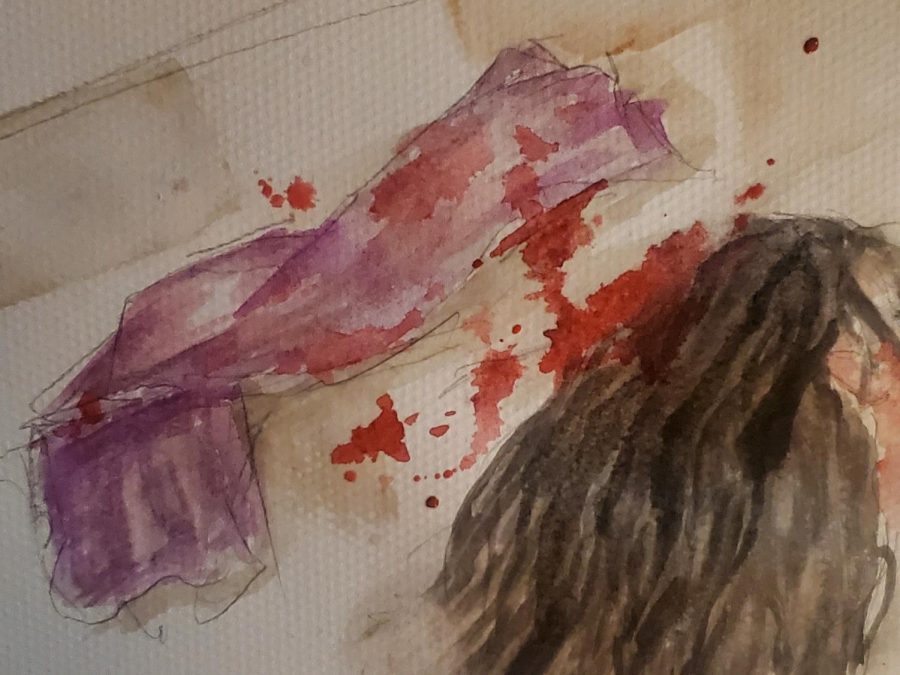Protests in Iran: The fight for Women’s Rights
On September 16, 2022, a Kurdish-Iranian woman named Mahsa Amini was arrested by Iran’s morality police for not wearing the hijab according to the government’s standards. The Iranian regime claims that she was taken to the hospital after a heart attack, fell into a coma, and later died in police custody. However, women who were also in the custody of the Iranian morality police said that Amini was severely beaten and died as a result; the Iranian regime denied the claim.
Amini’s death caused widespread protests throughout Iran, including Tehran and the international community has supported them. The protests were the largest since 2009. Female protestors have taken their hijab off, burnt their hijab and have cut their hair in public. In attempts to stop protests, police have utilized brutal tactics like firing into groups and beating protestors with batons. “They are trying to gain back control over their country to make sure their laws are being strictly followed and not give citizens freedom,” says English Teacher Lejla Mahmudi, who is Muslim herself. Human rights groups report that about 201 people have died.
Following the Iranian Revolution in 1979, women’s rights were restricted. Since Iran became a Islamic Republic, hijabs have been required in public no matter a woman’s religion or nationality. A married woman would not be allowed to travel outside of Iran unless her husband gave permission. Working with women’s rights activists, many Iranian women are dedicated to overturn these oppressive laws. People around the world have shown support. Student Zainab Alawadi, ‘25, remarks, “Nobody should be forced into doing or wearing something they are not comfortable in.” When asked whether hijabs should be optional or not, she said, “Yes, of course. It’s so important, not by law, but by religion for one to choose whether they want to wear the hijab or not.” Ultimately, it is a question of human rights. The European Union has responded, sanctioning Iran for human rights violations.
It is unknown what will happen next and what direction the movement will go. Despite the oppression of the demonstrators, the Iranian people’s willingness to fight still remains.
Your donation will support the student journalists of Glenbard North High School. Your contribution will allow us to pay for training sessions and cover our annual website hosting costs.
Shivani Bhardwaj is senior at Glenbard North and the editor of the North Current.

